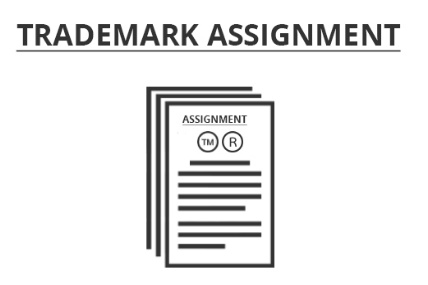


Trademark assignment has been defined under Sections 37-39 of the Trademark Act, 1999 In short a Trademark is assigned by an owner to another party, its ownership is conferred upon the other party, either completely (with goodwill) or for a limited number of products or services (without goodwill).
| TM Certificate | Details of the Party | No Objection Certificate |
|---|---|---|
| Certificate of Trademark Registration (if any) | Name and description of the assignor and assignee. | No Objection Certificate from the original owner of the registered trademark. |
All the rights vested in the trademark are assigned to the third party, including the rights to further transfer, to earn royalties, to license, etc.
In this assignment, the transfer of ownership is restricted only to certain products/services as decided in the Trademark Assignment Agreement.
In this case, the value and the rights attached to the trademark are also transferred. This makes new owner of the trademark eligible to use the assigned brand name with respect to the products and services already sold under the brand name. Also, it grants permission to use the acquired trademark for any new venture or product the new owner creates or manufactures.
In this case, the brand owner restricts the rights of the assignee, limiting user rights of the new assignee and prohibiting him/her from using the brand name for the products already in use by the assignor. Thus, the goodwill attached to such brand with respect to the product already being sold under such brand is not transferred to the buyer.
© 2019 Secure Word Solution. All Rights Reserved